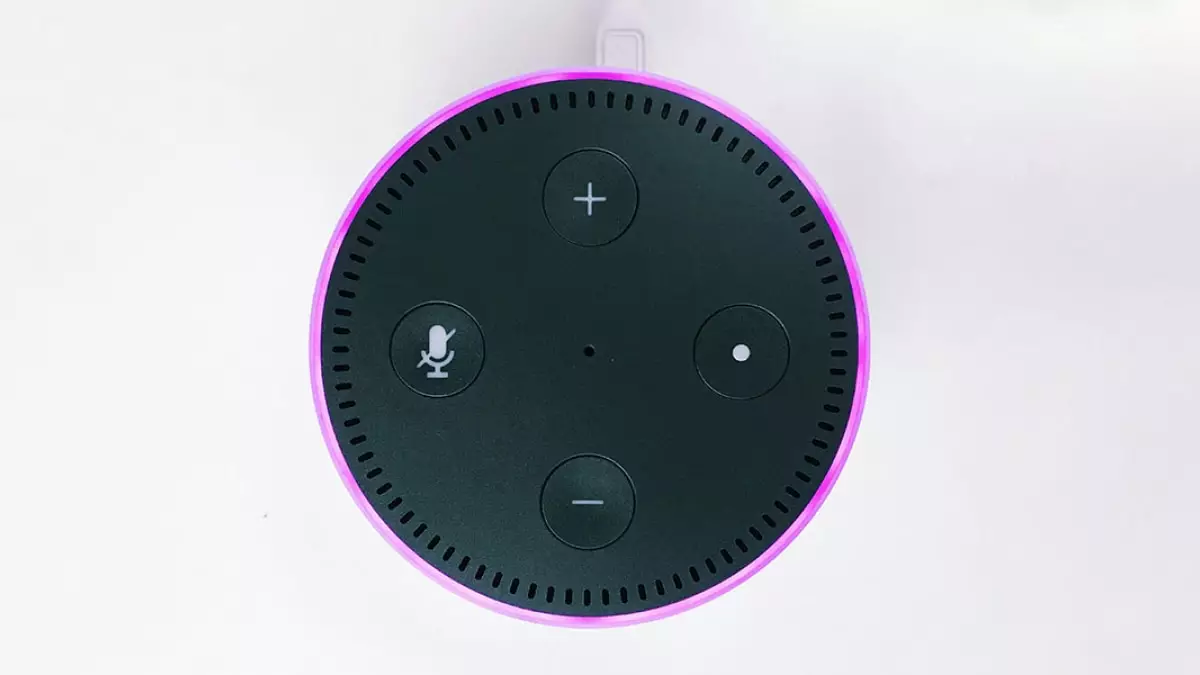In today’s hyper-connected world, one might assume that social isolation has diminished thanks to the advent of technology. However, the paradox remains that loneliness is particularly prevalent among older adults. This demographic often faces unique challenges that contribute to feelings of isolation, such as physical limitations, loss of loved ones, and a shrinking social circle. The impact of loneliness can be severe, both psychologically and physically, leading to noteworthy health risks as outlined by the World Health Organization (WHO).
Recent research is exploring the potential of digital voice assistants, like Amazon’s Alexa, as tools to assist in alleviating loneliness among older individuals. Elena Castro, a specialist in health psychology and technology at Universitat Oberta de Catalunya, posits that these devices could provide a crucial support system for isolated seniors. Castro’s research highlights that while voice assistants possess promise in bridging gaps of loneliness, they fall short in fostering deeply adaptive and emotionally enriching conversations. This limitation underscores the importance of recognizing the boundary between technology’s capabilities and the nuances of human interaction.
Although the findings suggest that voice assistants might have a significant positive impact, researchers urge cautious optimism. In her study, Castro reviewed 13 diverse research papers, noting that while 85% indicated favorable outcomes linked to these technologies, the varied methodologies necessitate careful interpretation. Such a range of studies presents complexities in drawing definitive conclusions regarding the efficacy of voice assistants in easing loneliness.
A critical concern remains users’ privacy. Digital assistants operate by continuously listening for commands, which raises questions about unintentional data collection and the implications for trust. Castro emphasizes the necessity of prioritizing user education on data protection while developing these technologies. Without stringent safeguards in place, vulnerable populations—such as the elderly—are particularly susceptible to privacy breaches.
As researchers further investigate the intersection of technology and social well-being, the prospects for voice assistants in elder care appear promising. Castro envisions a future where these devices not only support social interaction but also assist in daily living tasks—reminding residents to take their medications, scheduling appointments, or even offering companionship through conversation. However, experts caution against an overreliance on technology, warning that it may inadvertently diminish face-to-face social interactions which are equally pivotal for emotional well-being.
While digital voice assistants may offer a novel way to address loneliness among older adults, it is essential to approach their integration into care strategies with a critical lens. A balanced perspective that respects the fundamental need for human connection, alongside the advantages of technological support, may well illuminate the path to a healthier, more connected lifestyle for seniors grappling with loneliness.


Leave a Reply